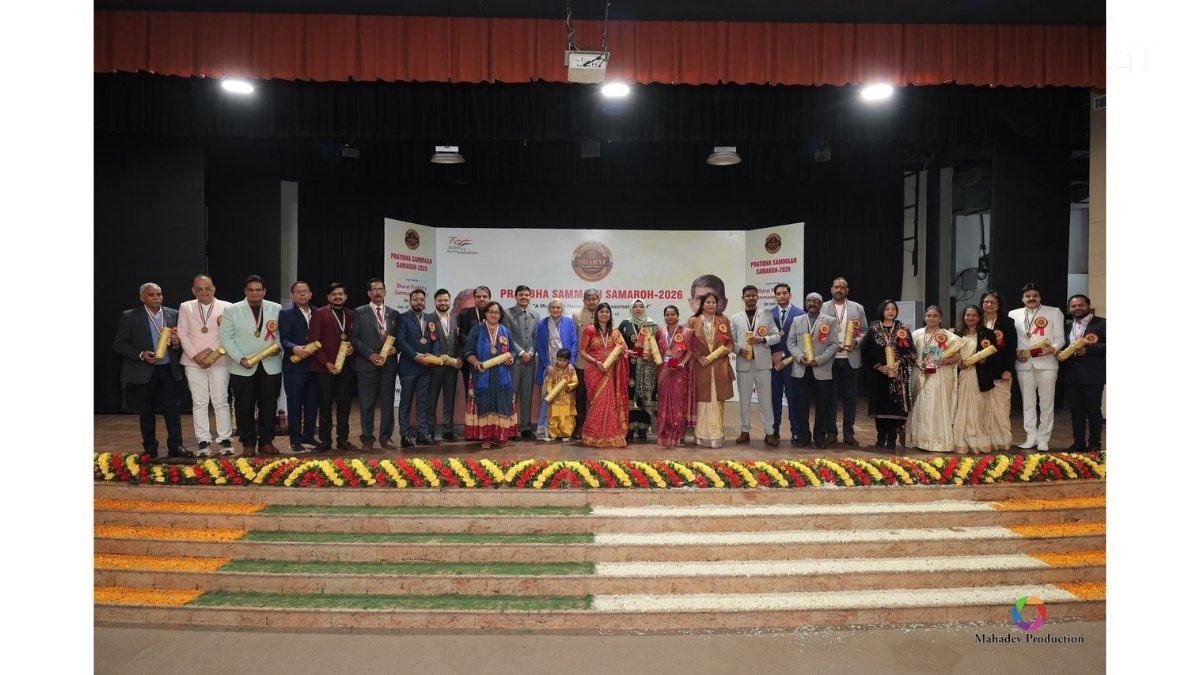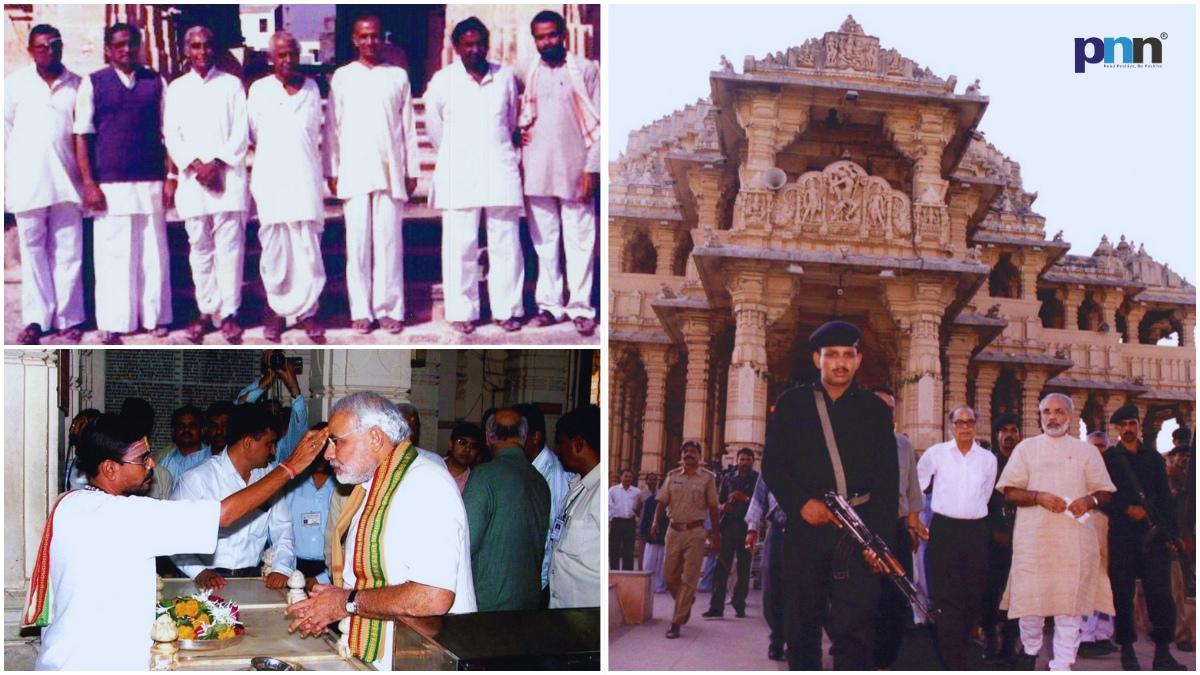
New Delhi [India], August 19: The issue of stray dogs in India remains a stubborn challenge. Millions of street dogs live alongside people in towns and villages, sparking both compassion and concern. Dog bites, rabies fears, and street-side aggression are often reported, while at the same time, countless citizens feed and care for community animals. This uneasy balance has now pushed the government to act firmly yet sensitively.
A Legal and Scientific Framework
The ABC Rules, rooted in the old Prevention of Cruelty to Animals Act of 1960, try to balance compassion with control. Instead of culling, they prescribe what’s called the Capture–Neuter–Vaccinate–Release method, something the World Organisation for Animal Health also advises. In simpler terms, it puts the responsibility on local bodies, with animal welfare groups lending a hand, to steadily sterilise and vaccinate street dogs.
In practice, sterilisation drives are ongoing, managed mainly by urban local bodies. To ensure this doesn’t become a half-hearted exercise, the Centre recently issued multiple advisories. On July 16, 2025, three ministries, Animal Husbandry, Housing and Urban Affairs, and Panchayati Raj, issued a joint reminder that at least 70% of stray dogs in any given area need to be sterilised for population control to actually work.
Money on the Table
The government has revised its support scheme this year, making funds available for both local authorities and welfare organisations. Under the revised plan, local bodies and SPCAs can now claim around eight hundred rupees for every dog they sterilise and about six hundred for each cat. It may not sound like a huge amount, but for cash-strapped municipalities, it makes a real difference in keeping programmes running under the ABC Rules, 2023.
There’s also a one-time support of roughly two crore rupees earmarked for State-run veterinary hospitals. That money is meant to set up essentials like proper surgical theatres, kennels, and recovery spaces, things most government hospitals badly need if they’re to handle ABC surgeries efficiently.
To take some pressure off local administrations, the AWBI has also offered help with shelter infrastructure. Urban bodies, SPCAs, and recognised animal welfare groups can now get up to fifteen lakh rupees for small-animal shelters, and twenty-seven lakh for facilities that handle larger animals.
On the Ground: Health and Coordination
On the health front, the government has tightened implementation as well. States are being given support for procuring anti-rabies vaccines through ASCAD, that’s the Assistance to States for Control of Animal Diseases scheme, a component of the larger Livestock Health and Disease Control Programme.
The health ministry has also stepped in with its own campaign. Back in September 2021, it rolled out the National Action Plan for Dog-Mediated Rabies Elimination, better known as NAPRE, under the National Rabies Control Programme. The idea is simple but ambitious: push coordinated efforts across the country until rabies is wiped out.
Meanwhile, advisories continue to flow. From protocols on the adoption of community animals to guidelines for Resident Welfare Associations, the AWBI has issued at least a dozen circulars since 2022. These cover rates for sterilisation, tender participation, data collection on dog bites, and even the formation of committees under the ABC Rules.
A Long Road Ahead for India and its STRAY DOGS
The truth is, sterilisation targets are hard to meet. Cities that need surgical theatres often don’t have enough vets. Smaller towns lack kennels and holding areas. And in many rural districts, officials still treat dog control as a low priority. Yet, there is movement. Advisory letters, funding support, and capacity-building are creating slow ripples. Street dogs are part of India’s living fabric, visible in every lane and market. For many, they are companions; for others, they are a source of fear.
The government’s current framework tries to respect both realities.
As Union Minister of State for Fisheries, Animal Husbandry and Dairying Prof. S. P. Singh Baghel put it in Parliament on Tuesday, “Dog population management is not just about animals, it is also about people. Humane control means fewer bites, less rabies, and healthier streets for everyone.”
What’s clear is that compassion alone cannot solve the stray dog problem, nor can control measures divorced from empathy. Sterilisation drives may provide the infrastructure, but what we really need is a culture of shared responsibility. Perhaps the missing piece is local innovation. Every city and village has its own rhythms, its own relationship with community dogs. Instead of a single template, why not encourage state governments and municipalities to pilot context-specific solutions, from community kennels to school-based rabies awareness drives? Sterilisation aside, with citizen volunteers, tech-based tracking, and humane training for municipal workers, we could show the world that India doesn’t have to choose between public safety and kindness.








